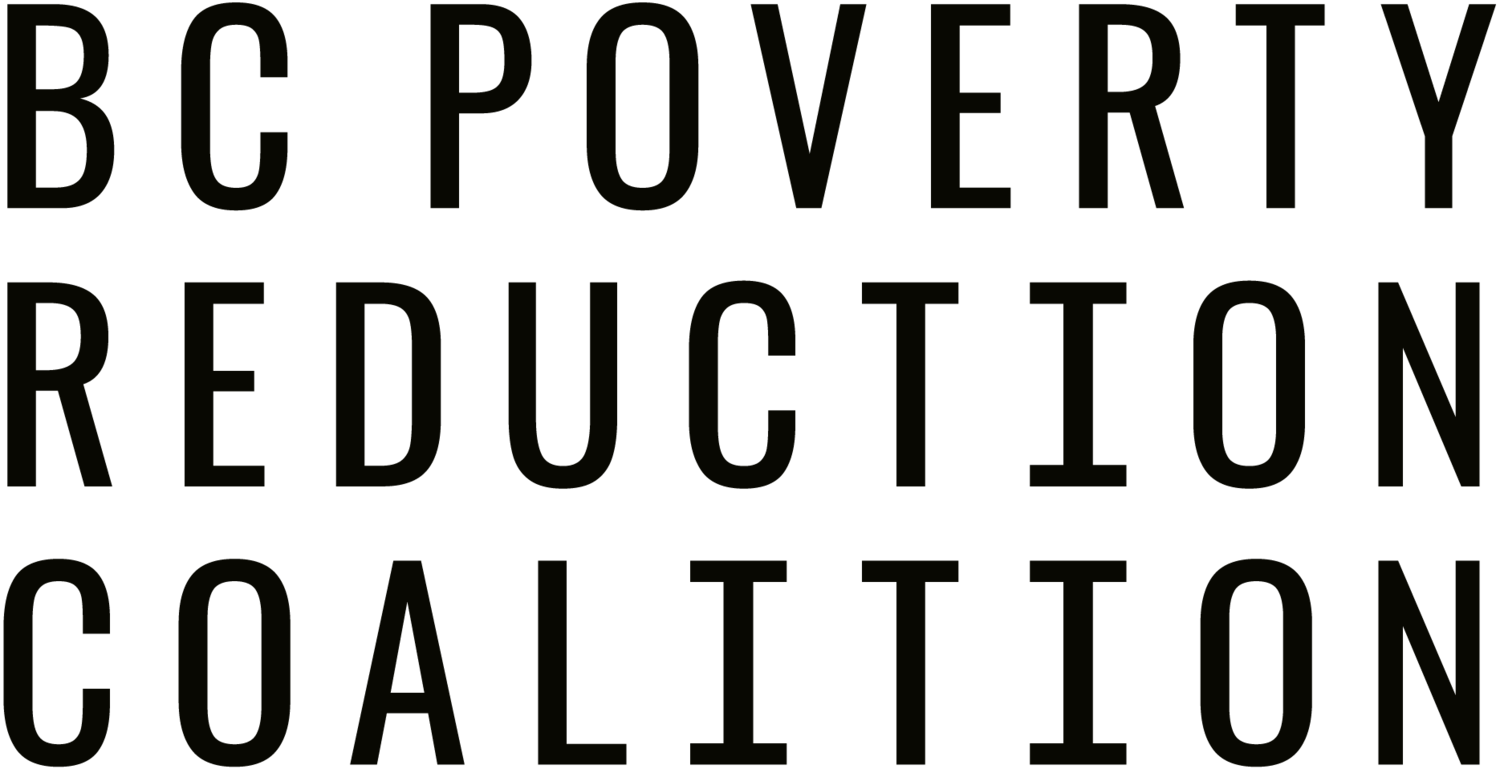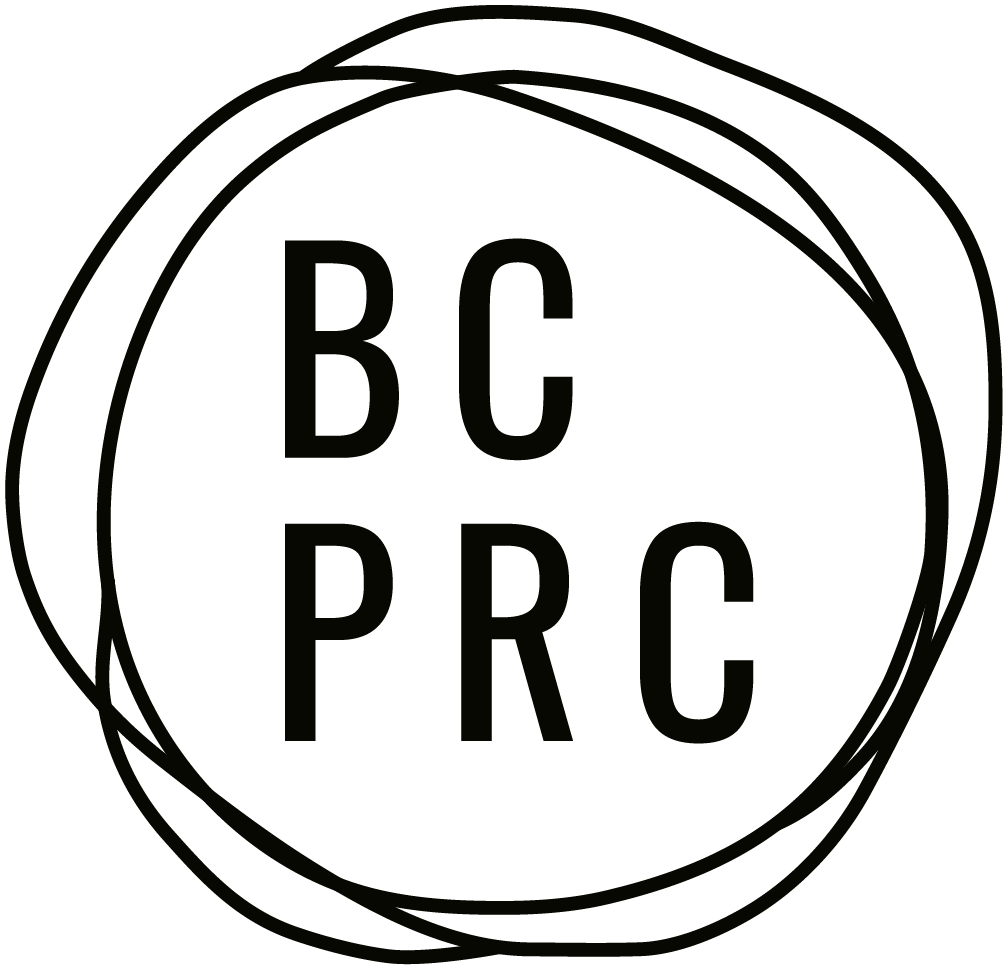BCPRC COVID-19 Progress Alert: April 8th, 2020
On April 2, the BC government announced emergency financial support including an extra $300 per month for people receiving income and disability assistance and some very low income seniors, for three months. After responding to the announcement together on the CBC, Viveca Ellis from the BC Poverty Reduction Coalition and Iglika Ivanova from the Canadian Centre for Policy Alternatives co-produced an analysis of what this represents:
The monthly assistance rate for a single person considered employable is $760, so a $300 crisis supplement represents a very significant increase. However, even with this temporary increase, the welfare income for a single person only amounts to half of the poverty line (as measured by Statistics Canada’s Market Basket Measure, adopted by the federal government as Canada’s official poverty line).
An estimated 10,000 BC households with disabilities and 1,000 households on temporary assistance who qualify for the Canada Emergency Relief Benefit (CERB) or regular EI will not have that money clawed back.
Our recommendations for immediate further action are to permanently raise income assistance rates to at least 75% of the poverty line, waive asset limits for the duration of the pandemic and streamline the application process.
BCPRC members Disability Alliance of BC, Community Legal Assistance Society and Together Against Poverty Society joined First United Church Community Ministry Society and Atira Women’s Resource Society in asking important follow-up questions about these announcements. This includes asking for supports for people who receive federal disability assistance, a call to remove caps on existing crisis supplements, ensuring access to services, and that the Ministry will not pursue overpayments for undeclared earnings on which CERB/EI applications are based.
On Tuesday, the government announced that over 900 spaces have been secured at 23 sites including hotels, motels and community centres throughout BC for those who need a place to self-isolate and to reduce the spread of COVID-19. We know there is a bare minimum of 7,655 unhoused people in BC. What’s more, the Provincial Government acknowledges “more rooms have been identified” but they will only use them “if a need is identified by health authorities.” Minister Farnworth has the power to request, and has apparently received, a list of all spaces available to mitigate the impacts of COVID-19. We are dismayed that since the Ministry’s March 21st press release which mentioned 16 sites throughout the province, there has not been more progress on our key recommendation that they “seize hotel, hostel, and other available shelter assets throughout the province to provide those who are homeless and unsheltered and those sheltered in unsafe, crowded conditions, a safe place to live and access sanitation.” We have teamed up with the Pivot Legal Society and the Carnegie Community Action Project and few other active allies to address the need for more action on this front. Please stay tuned.
Updates
The Ministry of Advanced Education, Skills and Training has announced an injection of $3.5 million into emergency funds for students at post-secondary institutions to assist students in uncertain financial positions due to the ongoing COVID-19 pandemic. Read more about supports for students from the Alliance of BC Students and the BC Federation of Students.
The BC Ferry & Marine Workers’ Union was blindsided by the sudden layoff of hundreds of their members in what they believe is a breach of their Collective Agreement. They have now filed an Unfair Labour Practices Complaint against BC Ferries. Read more here.
The BCGEU wrote to the Minister of Finance to demand immediate action to support the tens of thousands of BCGEU members deemed “essential” during the COVID-19 pandemic. Read the letter here.
In case you missed it, the provincial government announced that youth in government care who turn 19 during the COVID-19 pandemic will have their care agreements extended, and that those on the Agreements with Young Adults Program will continue to receive support. Fostering Change’s press release welcomed the announcement.
New Recommendations (in addition to the 36 previously shared recommendations)
ACORN BC is demanding urgent action for suspension of rent, a loan payment freeze, internet for all and an end to NSF Fees. Click here to take Action
Bronwyn Elko who graduated from the BC Poverty Reduction Coalition’s Community Action Network, and her daughter CAN chef Charlotte Zesati raised an important issue: businesses are turning down cash payments. The BC Centre for Disease Control says the risk of transmitting COVID-19 via cash is low and that “refusing cash could put an undue burden on people who depend on cash as a means of payment.”
The BC Health Coalition joined Health Coalitions across the country in calling on all levels of government to work together to address existing health inequities including by removing barriers to access and scaling up services for marginalized communities, restoring capacity in our public hospitals by reopening facilities and beds that have been closed due to funding cuts and downsizing, and bringing for-profit health care facilities under public control to enable a rapid and streamlined response in the public interest.
The Canadian Centre for Policy Alternatives called on the federal government to make charities and community non-profits immediately eligible for the Canada Emergency Wage Subsidy.
The Employment Standards Coalition lead the call in BC for employment standards legislation that will provide for 21 days of paid emergency leave for all workers for the balance of 2020.
The Hospital Employees’ Union wrote to BC’s health employers sharing how more supports for health care workers are needed. Read more here.
UFCW 1518 and the BCGEU are asking that Community Health home support workers receive pay rises to account for the critical nature of their work during COVID-19 as well as for clear safety guidelines and standards for the use of PPE. Add your voice here.
The UFCW asks the BC Government to grant grocery, pharmacy, industrial food processors, and home care workers the same childcare provisions that have been offered to essential workers. Sign the letter here
West Coast LEAF argues that Canada’s recent pandemic-related shutdown of its border with the United States is an unprecedented move and one that is contrary to Canada’s legal and ethical responsibilities. Read more here.
The Migrant Workers Centre has sent a position paper to the Minister of Health outlining the need to permanently reinstate MSP coverage to temporary foreign workers on implied status, meaning workers who have applied to extend their work permits and are waiting for a decision while maintaining their legal entitlement to live and work in Canada. Read the press release here.
Events
Women Against Violence Against Women, Battered Women’s Support Services, the Ending Violence Association of BC and the BC Federation of Labour are hosting a conversation about sexual and domestic violence during COVID-19 on Thursday April 9 at 10:30 AM. Click here to register.
Analysis
The Canadian Centre for Policy Alternatives is providing ongoing analysis at policynote.ca including articles on economic policy measures in BC, food insecurity and hunger and protecting the health and rights of migrant agricultural workers.
Leslie Varley, the executive director of the B.C. Association of Aboriginal Friendship Centres, spoke on the CBC about what COVID-19 means for urban Indigenous people.
The Vancouver Foundation shared how Neighbourhood Houses are playing important roles meeting vital needs during a crisis.
The BC Non-Profit Housing Association analyzes the unprecedented challenges created by COVID-19 and where new additional funding is needed.
Teri Mooring, President of the BC Teachers’ Federation speaks on the CBC to answer questions from students, parents, and teachers about the pandemic and its impact on the K-12 system. Click here to listen.
The Hospital Employees’ Union shares how a partially privatized system is leaving thousands of essential hospital and care home cleaning workers undervalued, underpaid, and excluded from full participation in the province’s health-care workforce.
The BCGEU alongside the National Union of Public and General Employees shared a poll showing broad support for the recommendation to halt mortgage, rent and utility payments.
The Migrant Workers Centre did a webinar about accessing federal and provincial income supports.
PovNet shares important updates about service changes as a result of COVID-19.


